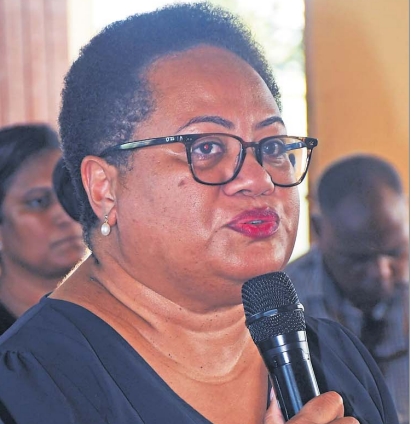A RECENT study on how iTaukei men perceive violence against women excludes survivors’ voices, misrepresents feminist efforts, and relies on a narrow sample that does not reflect the broader Fijian population, says the Fiji Women’s Rights Movement.
“This study has serious problems in the way it was done,” the FWRM said in a statement yesterday.
“Its methods negligently leave out the voices of survivors, ignore strong feminist research already done in Fiji, and risk doing more harm than good.”
The study, based on interviews with 31 iTaukei men, was criticised for its lack of representativeness.
“This is not a fair or full picture or even a logical representative sample of the majority of Fijian men.
“It leaves out rural men, men with less education, men of other religions, and most importantly, the women who have survived violence.”
FWRM also raised concerns about the study’s reliance on unverified self-reports from men.
“The study also takes what the men say at face value, without checking if what they say is true or complete. We know from feminist work around the world that abusers often blame the victim or downplay what they’ve done. But this study accepts their words without question.
“No one checked medical reports, police data, or spoke to the women involved. That is not good research, it is just giving more space to people who cause harm.”
FWRM chairperson and academic Professor Akanisi Nabalarua noted the National Action Plan (NAP) for the Prevention of Violence Against Women and Girls was developed through extensive consultations.
“The study was based on 31 structured interviews, and five conversational anecdotal ones. It was literally a perception survey on the NAP and iTaukei men, confirming what we already know,” she said.
“The NAP was developed with input from 2188 Fijians, including 729 men where majority were iTaukei males as many consultations were in the rural areas.”
The group also criticised the study’s dismissal of feminist efforts.
“The study unfairly claims that feminist policies ‘don’t work,’ but offers no real evidence. In fact, we know that feminist efforts – like telephone helplines, shelters, education programmes, and stronger laws – have made a difference here and around the world.”
FWRM said a nationwide Behaviour and Attitude Survey already planned under the NAP would provide rigorous, representative data.



